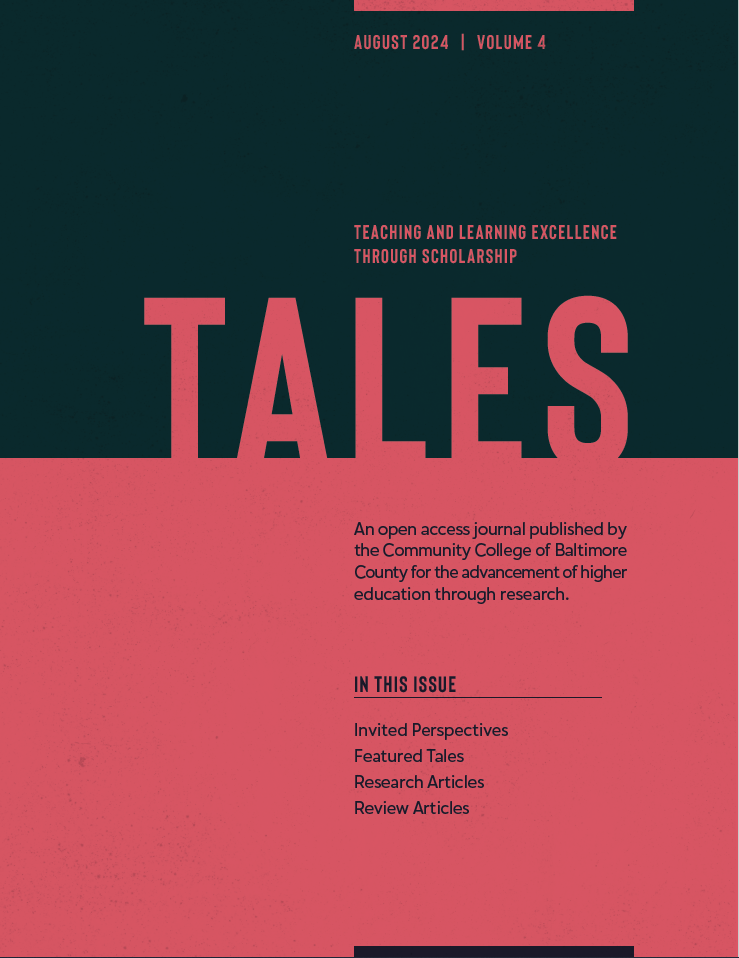Fueling Innovative Technology
Abstract
In American higher education, the community college is at the cutting edge of innovation; indeed, innovation is in the DNA of the community college. Created as an institutional innovation far different from four-year colleges and universities, the community college became a crucible of innovation as it opened its doors to students who never dreamed of attending college and then created a variety of program options to meet the needs of the most diverse student body in history. An innovation spawning innovations is an apt description of the contemporary community college. (O'Banion et al., 2011)
The mission statement of St. Charles Community College includes a commitment to life-long learning, academic innovation, career development, and collaborative development. In order to make sure we were living up to that promise, the Office of Online and E-Learning established a cohort teacher development program in 2019 called Fueling Innovative Technology (FIT) where faculty would participate in a yearlong program. This cohort-based initiative was designed to give our faculty the time, space, resources, and support to find an innovative answer to a course or program need. One of the founding principles is the recognition of the fact that our faculty (which is probably true at most institutions of higher learning) are highly proficient in the subject matter that they were hired to teach, and are the subject matter experts (SMEs). What is also probably true is that SMEs may not have received training in teaching and learning processes in diverse learning environments, modalities, educational theories, learning management systems (LMSs), course development, and classroom management. Any knowledge SMEs have of the technology they use in the classroom may have come from trial and error rather than any kind of formal training.


